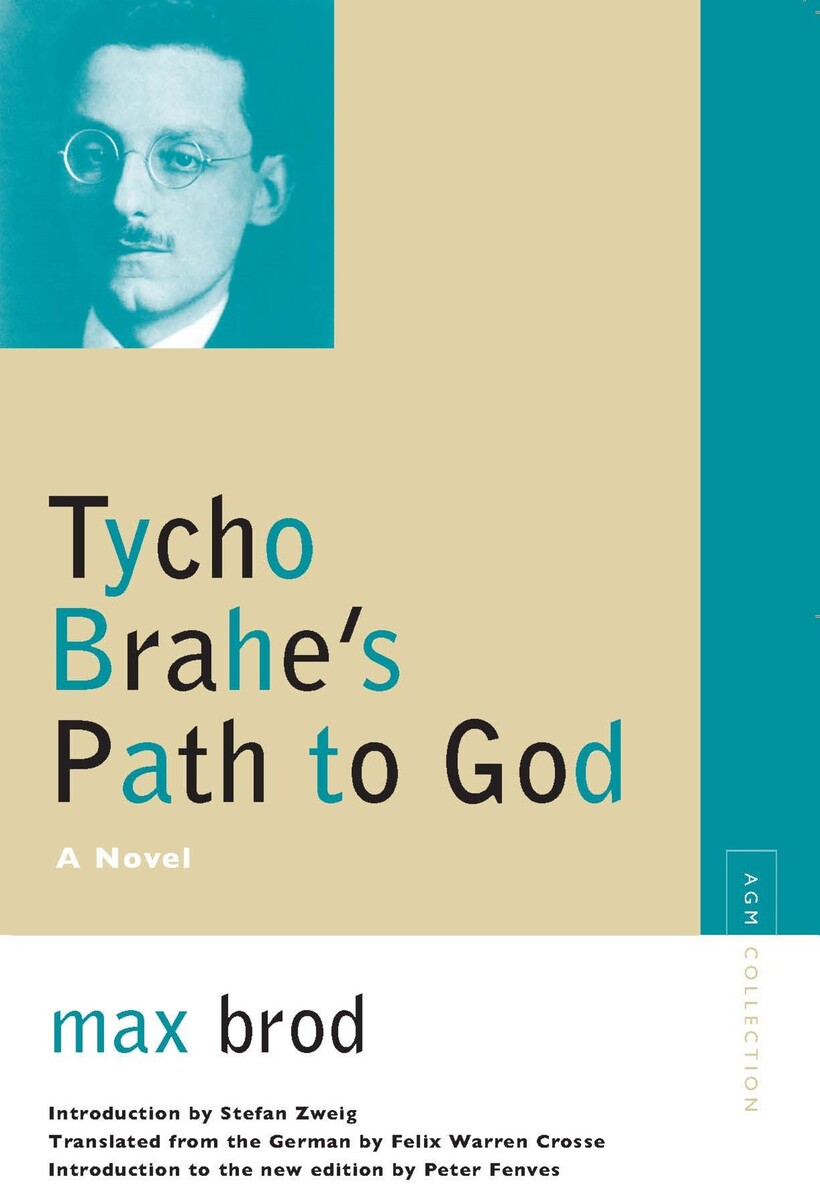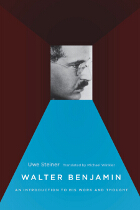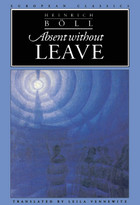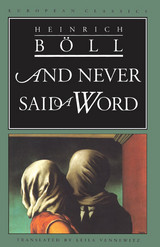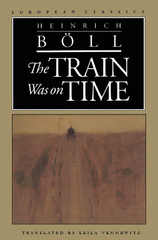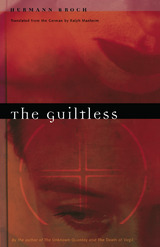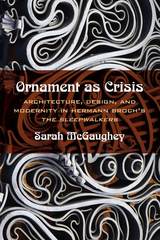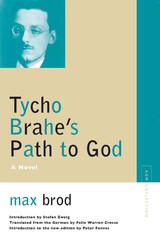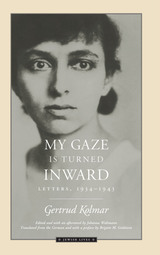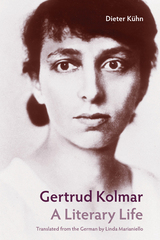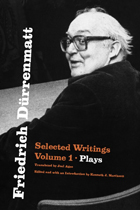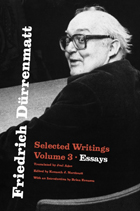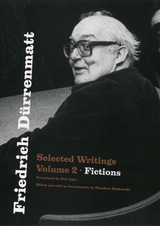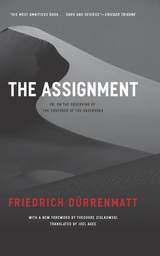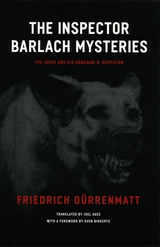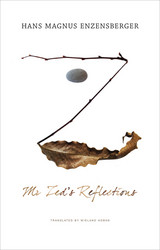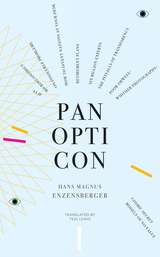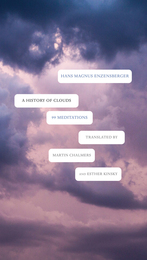Tycho Brahe's Path to God: A Novel
Northwestern University Press, 2007
Paper: 978-0-8101-2381-6
Library of Congress Classification PT2603.R68T913 2007
Dewey Decimal Classification 833.912
Paper: 978-0-8101-2381-6
Library of Congress Classification PT2603.R68T913 2007
Dewey Decimal Classification 833.912
ABOUT THIS BOOK | AUTHOR BIOGRAPHY | REQUEST ACCESSIBLE FILE
ABOUT THIS BOOK
Though best known for his editing and posthumous publication of his friend Franz Kafka's writing, Max Brod was a major novelist in his own right. Tycho Brahe's Path to God, widely considered his finest work and viewed by many as a small masterpiece, concerns the relationship between the great Danish astronomer and the younger, intellectually superior Johannes Kepler. Brod's representation of this complicated relation grew out of his acquaintance with the young Albert Einstein, reproduces his struggles with the Expressionist poet Franz Werfel, and strangely anticipates the most famous act Brod would ever perform: publishing Kafka's writings without his permission. As Brahe attempts to create a diplomatic compromise between the old Ptolemaic system of planetary motion and its modern, Copernican revision, Kepler discards the principle of compromise root and branch. Their conflict thus becomes an emblem of the struggle between a weakened tradition and a self-conscious modernity. The novel manages to convey the intimate, emotional reality of a seventeenth-century political conflict as well as the psychological, political, and artistic turmoil of Brod's own time. This revival of the richly allusive and deeply resonant Tycho Brahe's Path to God is a true literary event.
See other books on: Brod, Max | Fenves, Peter | Fiction | God | Novel
See other titles from Northwestern University Press
